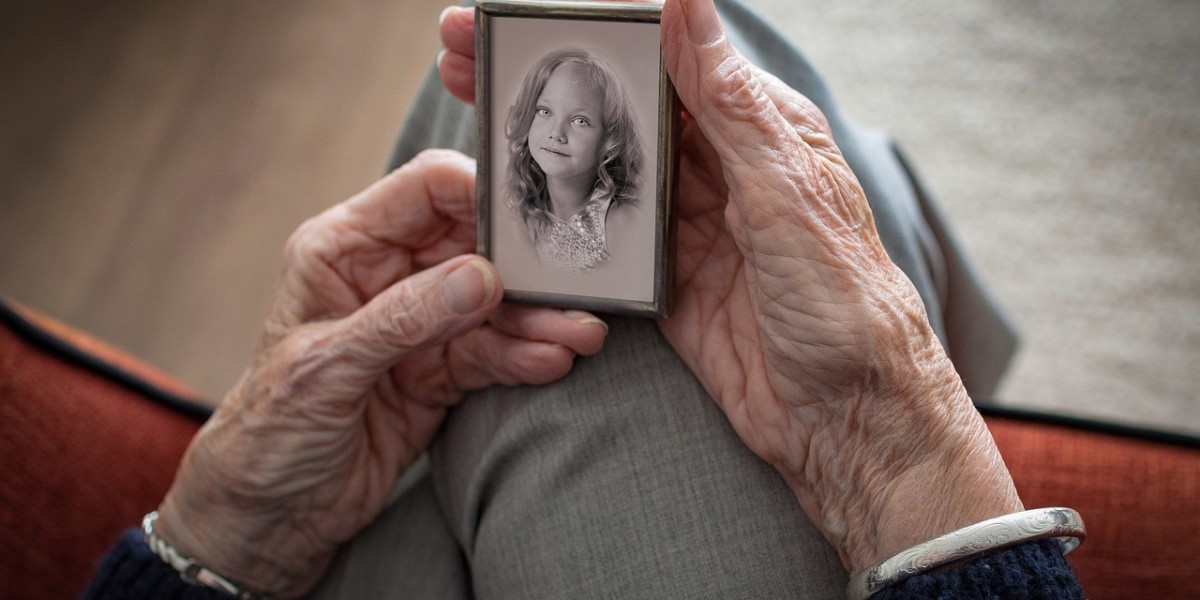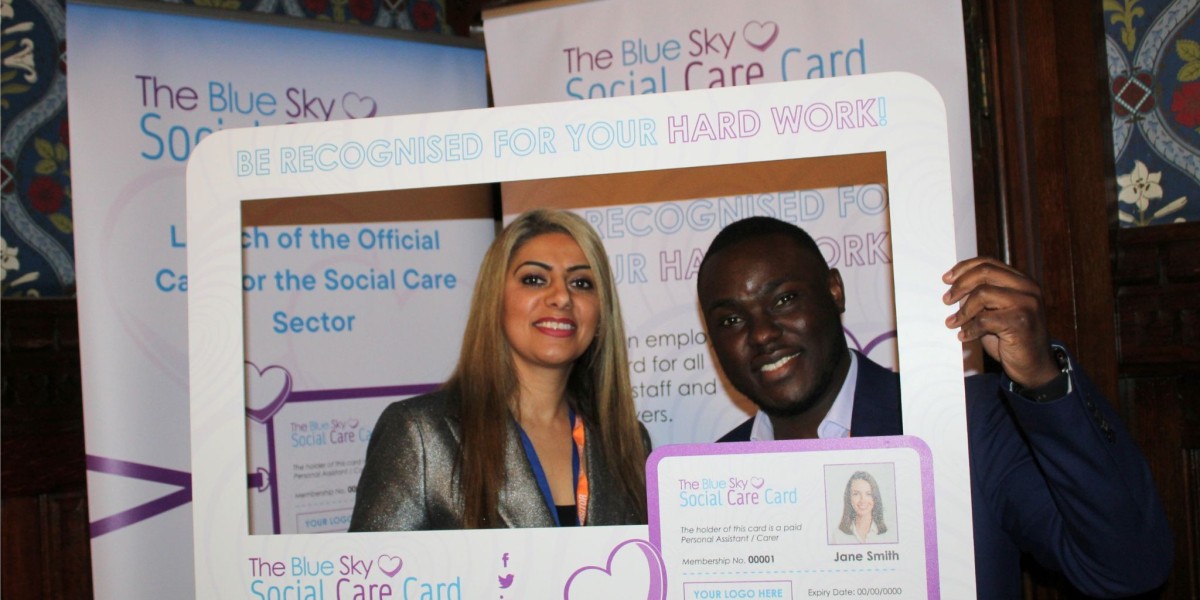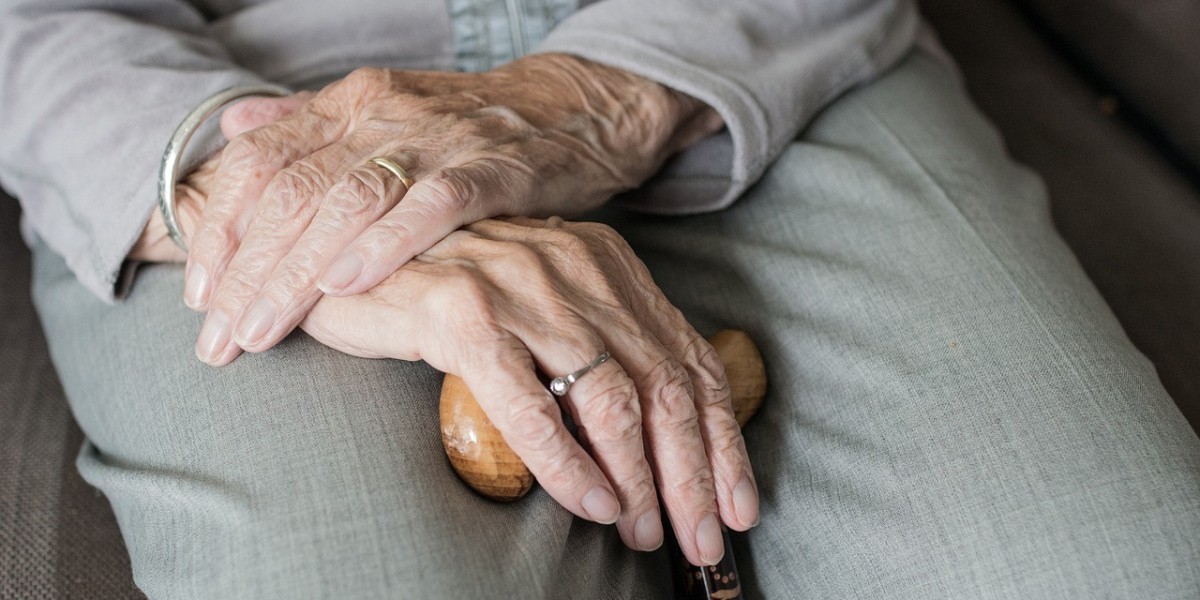Receiving a Parkinson’s diagnosis can bring a wave of emotions — from shock and confusion to anxiety, fear, and even relief at finally having answers. Whatever you’re feeling, you are not alone.
Parkinson’s is a progressive neurological condition, but it affects everyone differently. Some people may live well for many years with minimal symptoms, while others may experience more rapid changes. No matter where you are on your journey, taking small, informed steps early on can help you feel more in control.
Whether you’ve just been diagnosed or are supporting someone who has, this checklist is a practical place to start.
1. Give Yourself Time to Process
It’s okay to feel overwhelmed. Give yourself permission to feel all your emotions, and don’t pressure yourself to know everything straight away. Talk to people you trust, take breaks when you need them, and remember — there’s no right or wrong way to feel.
2. Learn the Basics About Parkinson’s
Understanding Parkinson’s will help you make informed decisions. You don’t have to become an expert overnight, but learning the key facts is empowering.
Start with:
· What causes Parkinson’s?
· What are the common symptoms (motor and non-motor)?
· How does it typically progress?
Trusted sources like Parkinson’s UK, the NHS, and We Talk Care can help you separate fact from fiction.
3. Get the Right Healthcare Team in Place
Now is the time to build a support network around you, starting with the right professionals. This may include:
· Your GP
· A neurologist or Parkinson’s specialist
· A Parkinson’s nurse (if available in your area)
· Allied health professionals like a physiotherapist, speech therapist, or occupational therapist
Ask your GP for referrals and discuss the best course of action for managing symptoms now and in the future.
4. Start Keeping Track of Symptoms
Parkinson’s symptoms can vary and change over time. Keep a simple journal or digital log to note:
· New or changing symptoms
· Medication side effects
· How you feel physically and emotionally
· Sleep patterns or changes in appetite
This record will be helpful for healthcare appointments and decisions.
5. Review Your Medications and Lifestyle
You may not be prescribed medication immediately — it depends on your symptoms and how they affect your life. In the meantime, focus on:
Staying active: Regular walking, stretching, or gentle exercise can help manage symptoms
Eating well: A balanced diet can support energy and wellbeing
Looking after your mental health: Speak to someone if you're feeling low, anxious, or withdrawn
6. Find Out What Support You’re Entitled To
You may be eligible for help with:
· Free prescriptions
· Personal Independence Payment (PIP)
· Blue Badge parking
· Employment advice if you’re still working
Organisations like Citizens Advice, Parkinson’s UK, and your local authority can offer guidance.
7. Tell the People You Trust — When You’re Ready
You don’t have to tell everyone straight away. But letting close family or friends know can help lift the emotional load and make it easier to ask for support when needed.
If you're working, consider talking to your employer or HR team — they have a legal duty to make reasonable adjustments under the Equality Act.
8. Connect with Others Who Understand
Meeting others with Parkinson’s, whether online or in person, can reduce feelings of isolation and offer reassurance. Support groups, peer communities, and forums can provide practical advice, emotional support, and friendship.
At We Talk Care, we welcome both people with Parkinson’s and their carers or family members. Sharing your journey makes a difference — to you and others.
9. Plan Ahead (Just a Little)
It might feel too early, but beginning to think about:
· Financial planning
· Legal matters like Power of Attorney
· Future care preferences
This can provide peace of mind for later. Talk to a financial advisor, legal professional, or social worker when you’re ready.
10. Be Kind to Yourself
There is no "perfect" way to manage Parkinson’s. Some days will feel harder than others. But there are tools, people, and strategies that can help you live life fully — on your terms.
You’re not doing this alone. You don’t have to have it all figured out. And every step forward, no matter how small, is still progress.
You’ve Got This — And We’ve Got You
If you or someone you love has recently been diagnosed with Parkinson’s, We Talk Care is here to support you. Our community of carers, families, and individuals affected by chronic and neurological conditions offers a safe space to ask questions, share experiences, and find connection.
Join We Talk Care today and take your next step with confidence.








